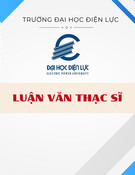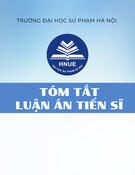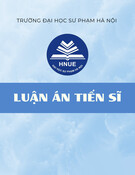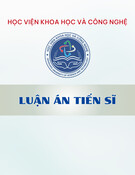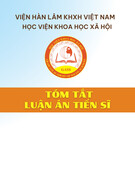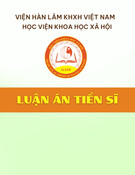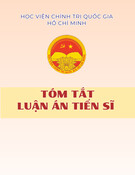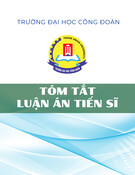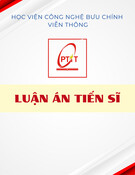
SHELLEY: PhD Thesis: Behavioural Metaphor Page 5 of 217
Table of Contents
ABSTRACT ............................................................................................................................ 8
LIST OF TABLES.................................................................................................................. 9
LIST OF FIGURES.............................................................................................................. 10
LIST OF ABBREVIATIONS USED IN THIS THESIS .................................................... 11
AUTHOR PUBLICATIONS AND PRESENTATIONS .................................................... 12
CHAPTER 1: INTRODUCTION........................................................................................ 15
1.1 CHAPTER INTRODUCTION ............................................................................................. 15
1.2 RATIONALE, PRIOR EXPERIENCES AND CONTEXT ......................................................... 21
1.3 PROBLEM (OPPORTUNITY) STATEMENT ........................................................................ 25
1.4 RESEARCH OBJECTIVES .................................................................................................. 26
1.5 RESEARCH QUESTIONS .................................................................................................... 27
1.6 RESEARCH APPROACH AND LIMITATIONS ..................................................................... 28
1.7 LITERATURE FOUNDATIONS FOR RESEARCH APPROACH .............................................. 31
1.8 THESIS STRUCTURE ......................................................................................................... 35
1.9 CHAPTER SUMMARY ....................................................................................................... 37
CHAPTER 2: LITERATURE REVIEW ............................................................................ 40
2.1 CHAPTER INTRODUCTION ............................................................................................... 40
2.2 PERFORMANCE, INFLUENCE AND BEHAVIOUR .............................................................. 41
2.3 METAPHOR AS A TOOL ................................................................................................... 44
2.4 METAPHOR TO ENABLE CONVERSATION ....................................................................... 51
2.5 BEHAVIOURAL PROFILING TO UNDERSTAND TEAM ENVIRONMENTS ........................... 52
2.6 INFLUENCING TEAM MEMBERS AND STAKEHOLDER ENGAGEMENT ............................ 55
2.7 PROJECT SUCCESS: OUTPUTS AND OUTCOMES FOR PM PROFESSIONALS .................... 58
2.8 CHAPTER SUMMARY ....................................................................................................... 63
CHAPTER 3 METHODOLOGY AND RESEARCH DESIGN ....................................... 64
3.1 CHAPTER INTRODUCTION ............................................................................................... 64
3.2 LINK BETWEEN THE PROBLEM/OPPORTUNITY AND THE RESEARCH
QUESTIONS/APPROACH .................................................................................................. 65
3.3 CHOICE OF THE RESEARCH PARADIGM .......................................................................... 65
3.4 RESEARCH PARADIGM .................................................................................................... 70
3.5 RESEARCH METHODS ...................................................................................................... 75
3.6 RESEARCH DESIGN .......................................................................................................... 76
3.6.1 SELECTION OF ORGANISATIONS FOR RESEARCH............................................................ 77






